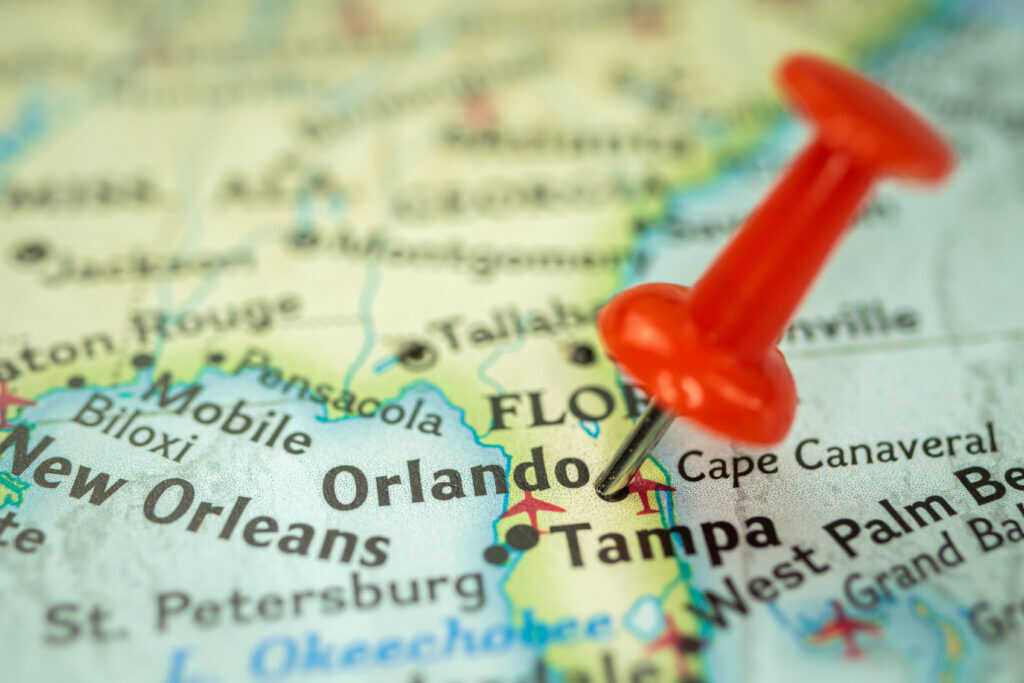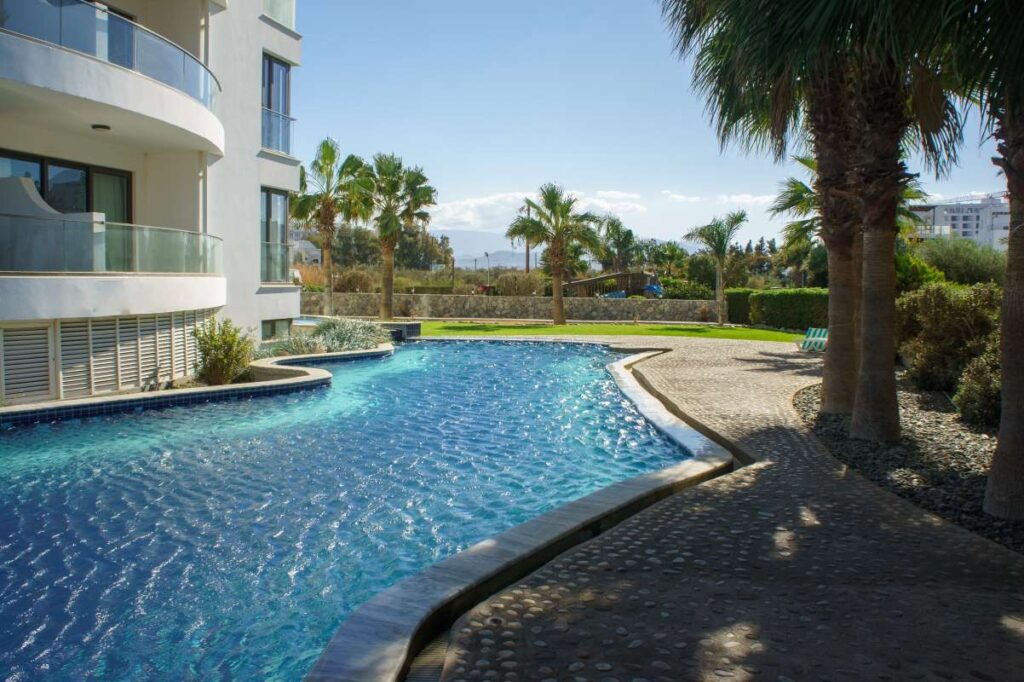Safe Handling of Pool Chemicals: A Technician’s Guide
Learn how to safely handle pool chemicals with this comprehensive guide. Perfect for technicians, it covers best practices, safety tips, and expert insights.
This in-depth guide aims to equip pool technicians with essential knowledge on the safe handling of pool chemicals. As pools are a popular feature in homes and resorts, maintaining their cleanliness and safety is paramount. Improper handling of pool chemicals can lead to health risks, accidents, and costly damages. In this article, we will explore the types of pool chemicals, essential safety protocols, detailed handling practices, and the importance of training and support in the pool maintenance industry.
Understanding Pool Chemicals
– Pool chemicals are crucial in maintaining water quality, clarity, and safety. The most common categories include: – Sanitizers: Chlorine and bromine are the primary sanitizers used to kill bacteria, viruses, and algae in pool water. – Balancers: These include pH increasers, decreasers, and alkalinity adjusters that help maintain the chemical balance of the water. – Algaecides: Used to prevent algae growth, these chemicals are an important part of pool maintenance. – Clarifiers and Flocculants: These help clear cloudy water by binding particles together for easier filtration. Statistics show that improper chemical handling can lead to 10,000 injuries annually in the United States alone. Ensuring technicians are well-versed in chemical properties and dangers is vital for safety.
Essential Safety Protocols
– Safety should always be the top priority when handling pool chemicals. Here are some key safety protocols that technicians should follow: – Personal Protective Equipment (PPE): Always wear appropriate PPE, including gloves, goggles, and masks to protect against chemical exposure. – Proper Ventilation: Ensure workspaces are well-ventilated to avoid inhaling toxic fumes that can arise from mixing chemicals. – Labeling and Storage: All chemicals should be clearly labeled and stored according to the manufacturer’s guidelines, away from direct sunlight and heat sources. – Emergency Procedures: Technicians should be familiar with emergency procedures, including what to do in case of chemical spills or exposure. Having a first aid kit and emergency contact numbers readily accessible is crucial.Following these protocols can significantly reduce the risk of accidents and health hazards associated with pool chemical handling.
Best Practices for Handling Pool Chemicals
– Adopting best practices is essential for maintaining a safe work environment. Here are detailed guidelines: – Always Read Labels: Before using any chemical, carefully read the label for instructions and safety information. This will help avoid accidents caused by misuse. – Avoid Mixing Chemicals: Never mix different chemicals, especially if unsure of their compatibility. For instance, mixing chlorine with acids can produce toxic gases. – Use Appropriate Tools: Utilize dedicated tools for handling chemicals, such as scoops and measuring cups, to prevent contamination from other materials. – Follow Dosage Guidelines: Adhere strictly to dosage recommendations. Over-dosing can lead to hazardous conditions, while under-dosing may result in ineffective sanitation. – Plan for Disposal: Have a plan in place for the safe disposal of expired or unused chemicals. Contact local waste management for guidance on disposal methods.Implementing these best practices will enhance safety and efficiency in handling pool chemicals.
The Role of Training and Support in the Pool Industry
– Training and support are critical for technicians to master safe chemical handling. Here’s how they contribute: – Comprehensive Training Programs: Companies like
Superior Pool Routes offer extensive training that covers not only chemical safety but also technical skills necessary for pool maintenance. – In-field Training: Hands-on training in real-world settings allows technicians to practice safe handling techniques under the guidance of experienced professionals. – Ongoing Support: Continuous support from industry experts helps technicians stay updated on best practices and safety regulations, promoting a culture of safety within the workplace. – Certification Opportunities: Encouraging technicians to pursue certifications in pool maintenance and chemical handling can significantly enhance their expertise and confidence.By prioritizing training and support, pool service providers can ensure their technicians are well-equipped to handle chemicals safely.
Conclusion
– In summary, the safe handling of pool chemicals is a crucial aspect of pool maintenance that requires careful attention and adherence to safety protocols. Understanding the types of chemicals, following essential safety practices, and engaging in ongoing training will not only protect technicians but also ensure a safe swimming environment for customers. As the pool industry continues to grow, investing in education and safety will lead to better service and reduced risk of accidents. For those looking to start or expand their pool service business, consider exploring
pool routes for sale through
Superior Pool Routes to start your journey with the best training and support available.



